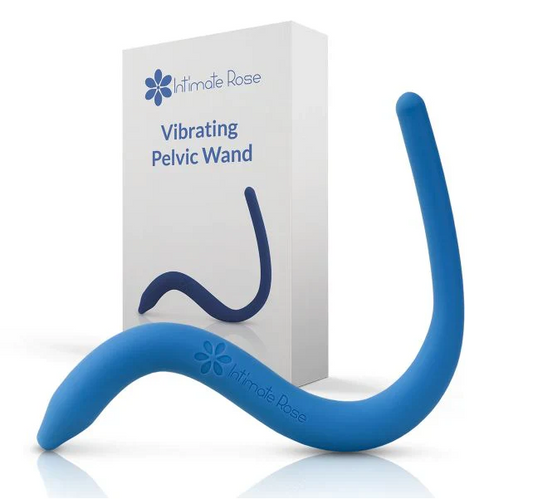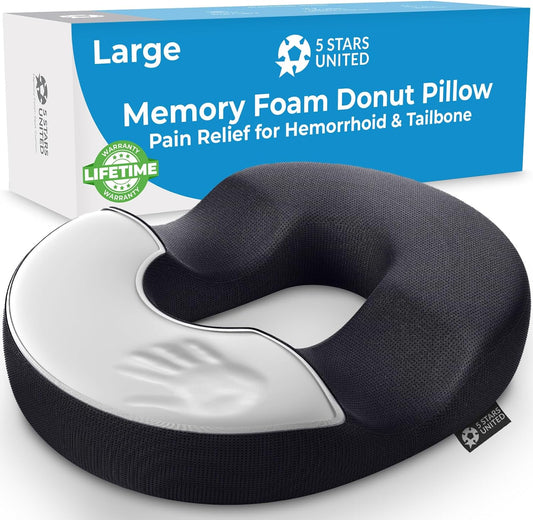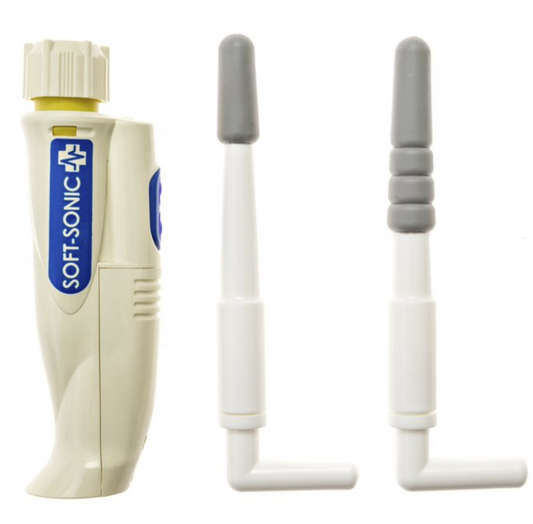Healthy Prostate Diet
Introduction
Have you ever wondered if what you eat could impact the health of your prostate? If you're like most people, prostate health might not be at the forefront of your mind, but it's crucial to consider. The prostate is a small gland in men that plays a big role in reproductive health. As men age, issues like prostate enlargement and prostate cancer become more common. The good news is that what you eat can make a significant difference. Let's dive into how a well-balanced diet can promote a healthy prostate and overall well-being.
Understanding the Prostate
First, let’s get to know the star of our show: the prostate. This walnut-sized gland is located just below the bladder and in front of the rectum. It surrounds the urethra, the tube through which urine flows out of the body. The primary function of the prostate is to produce seminal fluid, which nourishes and transports sperm.
As men age, the prostate can grow larger, leading to a condition known as benign prostatic hyperplasia (BPH). This can cause urinary problems, such as difficulty starting urination, a weak urine stream, and frequent urination, especially at night. Prostate cancer is another serious concern, being one of the most common cancers among men.
Why Diet Matters
The foods you consume can have a profound effect on prostate health. A diet rich in certain nutrients can help reduce the risk of prostate issues and promote overall wellness. Here are some key components of a prostate-friendly diet:
Key Nutrients for Prostate Health
- Lycopene: Lycopene is a powerful antioxidant found in tomatoes, watermelon, pink grapefruit, and other red fruits. Studies have shown that lycopene can help reduce the risk of prostate cancer. It works by neutralizing harmful free radicals in the body, which can damage cells and lead to cancer.
- Zinc: Zinc is an essential mineral that supports immune function and cell growth. The prostate contains more zinc than any other part of the body, and maintaining adequate levels is crucial for prostate health. Foods rich in zinc include oysters, beef, pumpkin seeds, and nuts.
- Selenium: Selenium is another mineral that has been linked to prostate health. It acts as an antioxidant and helps protect cells from damage. Good sources of selenium include Brazil nuts, tuna, eggs, and sunflower seeds.
- Omega-3 Fatty Acids: Omega-3 fatty acids, found in fatty fish like salmon, mackerel, and sardines, as well as flaxseeds and walnuts, have anti-inflammatory properties. Inflammation is a key factor in many chronic diseases, including prostate issues.
- Vitamin E: Vitamin E is a potent antioxidant that helps protect cells from damage. It’s found in nuts, seeds, and green leafy vegetables. Some studies suggest that a diet high in vitamin E can lower the risk of prostate cancer.
Foods to Include in a Prostate-Healthy Diet
- Tomatoes: Tomatoes are packed with lycopene, which can reduce the risk of prostate cancer. Cooked tomatoes, such as in sauces or soups, are especially beneficial because the cooking process increases the availability of lycopene.
- Fatty Fish: Incorporating fatty fish like salmon, mackerel, and sardines into your diet provides a good dose of omega-3 fatty acids. These healthy fats can help reduce inflammation and support overall prostate health.
- Nuts and Seeds: Nuts and seeds, such as almonds, walnuts, pumpkin seeds, and sunflower seeds, are excellent sources of zinc, selenium, and vitamin E. These nutrients play a crucial role in maintaining prostate health.
- Green Tea: Green tea contains powerful antioxidants known as catechins, which have been shown to have anti-cancer properties. Drinking green tea regularly can be a great addition to a prostate-healthy diet.
- Cruciferous Vegetables: Cruciferous vegetables like broccoli, cauliflower, Brussels sprouts, and kale contain compounds that may help protect against cancer. They are rich in antioxidants and have been linked to a reduced risk of prostate cancer.
- Berries: Berries such as strawberries, blueberries, and raspberries are high in antioxidants and vitamin C. These fruits can help combat oxidative stress and inflammation, promoting prostate health.
Foods to Avoid
- Red and Processed Meat: High consumption of red and processed meat has been linked to an increased risk of prostate cancer. These meats can contain harmful compounds that form during cooking at high temperatures.
- High-Fat Dairy Products: Full-fat dairy products, like whole milk, cheese, and butter, can increase the risk of prostate issues. Opt for low-fat or fat-free versions instead.
- Alcohol: Excessive alcohol consumption can lead to inflammation and other health issues. Moderation is key; if you drink alcohol, do so in moderation.
- Sugary Foods and Drinks: Sugary foods and beverages can contribute to obesity, which is a risk factor for prostate problems. Try to limit your intake of sweets, sodas, and other high-sugar items.
Sample Meal Plan for Prostate Health
- Breakfast: Tomato and Spinach Omelet, made with eggs, diced tomatoes, spinach, and a sprinkle of cheese. Drink a cup of green tea to kickstart your day with antioxidants.
- Lunch: Grilled Salmon Salad with mixed greens, grilled salmon, avocado, and a handful of nuts, dressed with olive oil and lemon juice. A fruit bowl of mixed berries for dessert.
- Snack: Greek yogurt with pumpkin seeds. Top low-fat Greek yogurt with a handful of pumpkin seeds and a drizzle of honey.
- Dinner: Stir-fried Broccoli and Cauliflower, stir-fried in olive oil with garlic and served with quinoa or brown rice. Herb-Crusted Chicken Breast, baked with a crust of mixed herbs and spices.
- Dessert: A small serving of dark chocolate (70% or higher) offers a satisfying treat that's rich in antioxidants without the added sugars that can harm your health.
Conclusion
Taking care of your prostate health doesn’t have to be complicated. By making mindful choices about what you eat, you can significantly reduce the risk of prostate problems and improve your overall health. Incorporating foods rich in antioxidants, anti-inflammatory compounds, and essential nutrients like lycopene, zinc, and omega-3 fatty acids can go a long way in promoting a healthy prostate. Remember, a balanced diet paired with regular physical activity and routine check-ups is the ultimate recipe for long-term wellness.
Top picks
-
Kegel Pelvic Floor Muscle Trainer for Men
Regular price $99.00 USDRegular priceUnit price / per$149.00 USDSale price $99.00 USDSale -
Pelvic Floor Wand & Massage Therapy Tool for Men
Regular price $49.95 USDRegular priceUnit price / per$59.95 USDSale price $49.95 USDSale -
Prostate and Pelvic Floor Support Cushion – Large Black Seat for Pain Relief
Regular price $49.95 USDRegular priceUnit price / per$75.50 USDSale price $49.95 USDSale -
Sonic Prostate Massager from Prostate Health Center | Ultimate Prostate Wellness Tool | Top-Rated Home Prostate Massage Device
Regular price $59.95 USDRegular priceUnit price / per$79.99 USDSale price $59.95 USDSale





